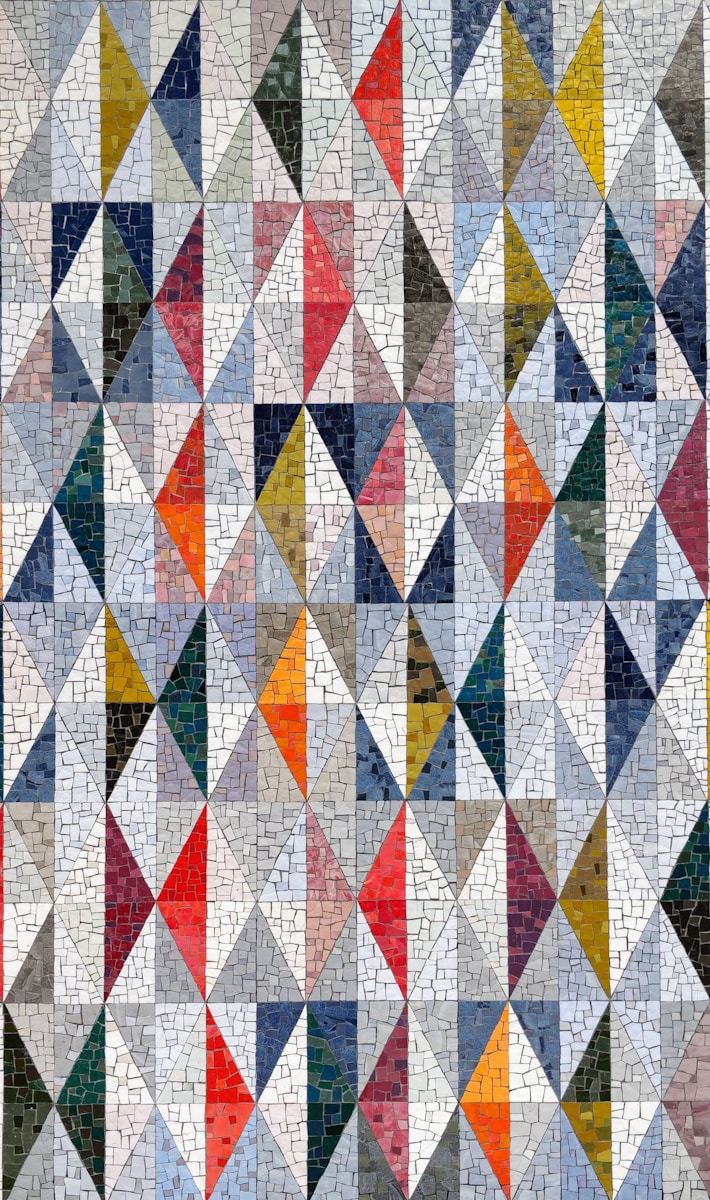S Vijikumari v. Mowneshwarachari C [S Vijikumari v. Mowneshwarachari C ARISING OUT OF SLP(CRL.) NO. 5342 OF 2023]
The Protection of Women from Domestic Violence Act, 2005, is undoubtedly a landmark piece of legislation in India’s legal framework. Section 25 of the act holds particular significance, as it allows for the alteration, modification, or revocation of orders passed under the Act. However, the scope and limitations of this provision have been subject to varied interpretations, leading to the present case before the Supreme Court.
The case originates from a domestic dispute between S Vijikumari (the appellant-wife) and Mowneshwarachari C (the respondent-husband). S Vijikumari filed a petition under Section 12 of the PWDVA seeking protection and maintenance. The learned Magistrate allowed the petition granting Rs. 12,000 per month as maintenance and Rs. 1,00,000 as compensation. The husband’s subsequent appeal against this order was dismissed by the Appellate Court on the grounds of delay, resulting in the Magistrate’s order attaining finality.
The husband later filed an application under Section 25 of the PWDVA before the Magistrate. This application sought to set aside the original order and requested a refund of the entire maintenance amount paid, alleging fraud by the wife. The Magistrate dismissed this application, but on appeal the Appellate Court remanded the matter to the Magistrate, directing reconsideration of the Section 25 application. The wife’s revision petition to the High Court was dismissed, upholding the Appellate Court’s remand order. Aggrieved by these orders, the wife appealed to the Supreme Court, leading to the present judgment.
The appellant-wife contended that the application under Section 25 was not maintainable as it sought to set aside a final order rather than alter, modify, or revoke it as permitted by the provision. She argued that the prayers in the husband’s application went beyond the scope of Section 25(2) of the PWDVA, which does not allow for setting aside of orders or refund of maintenance. The wife’s counsel emphasized that the original maintenance order had attained finality by merging with the appellate order that dismissed the husband’s appeal on the grounds of delay. Furthermore, they asserted that Section 25(2) cannot be used to retrospectively challenge orders or seek refunds for periods prior to the application.
On the other hand, the respondent-husband’s arguments centered around allegations of fraud. He claimed that the wife had misrepresented her employment status, which went to the root of the maintenance order, thus justifying the application under Section 25. The husband’s counsel argued that the discovery of this alleged misrepresentation constituted a change in circumstances warranting reconsideration of the maintenance order.
The Supreme Court, in its nuanced and comprehensive judgment, allowed the appeal and set aside the orders of the High Court and Appellate Court. The judgment clarifies that while Section 25(2) allows for alteration, modification, or revocation of orders based on a change in circumstances, these changes must occur after the initial order is passed and cannot relate to a period prior to the order. The Court emphasized that the provision is broad enough to deal with all nature of orders passed under the Act, including maintenance, residence, and protection orders.
A significant aspect of the judgment is the Court’s elaboration on the interpretation of the phrase “change in circumstances.” Noting that this crucial phrase is not defined in the Act, the Court held that it gives discretion to the Magistrate to interpret based on case specifics. The judgment advocates for a broad interpretation, stating that changes can be of a pecuniary nature (such as income changes) or other significant life changes of either party. Factors such as cost of living, income fluctuations, and other circumstantial changes post the initial order can be considered relevant in determining a change in circumstances.
The Court strongly emphasized the prospective nature of orders under Section 25(2). It clarified that such orders operate prospectively, not retrospectively. The judgment states that alterations can take effect from the date of the application or as specified by the Magistrate.
The Court categorically ruled against using Section 25(2) to seek refunds for maintenance already paid.
This judgment has far-reaching implications for the application of the PWDVA. It provides much-needed clarity on the scope and limitations of Section 25, preventing its misuse to reopen settled matters. By ruling against retrospective revocation and refunds, the judgment safeguards the interests of women who are beneficiaries of maintenance orders.
By entering the email address you agree to our Privacy Policy.



